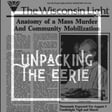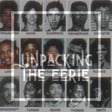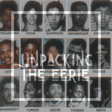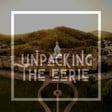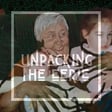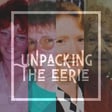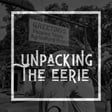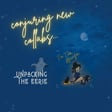
23. I'm Blue (Da Ba Dee Da Ba Di)
DARK HISTORY: The Blue Fugates of Kentucky
cw: incest, childhood sexual abuse, rape, abortion
After a few months off, we’re back y’all! And this time Shaena takes us down to another small town to learn about a family of blue people. Yes, you read that right - Blue People. Join us as we wander down to Troublesome Creek, Kentucky and learn about the Fugates: aka The Blue Fugates, aka ‘The Blue People of Kentucky’. Why are they blue? Listen to find out. Spoiler alert: it has to do with a lot of inbreeding. This episode, Shaena explores the history of this family, asking the question “Why the Fuck Are They Blue?”, and takes us on a few wild and uncomfortable tangents about incest. Buckle Up!
SOURCES
Outro last updated April 2023
FYI: we've recently unpublished older episodes as we are in process of re-editing for a smoother flow & audio experience. they will be available again as we finish.
Thank you for listening to our passion project <3 You can find us on social media here! We're a team of 2 people & have always been ad-free. If you are enjoying, please consider supporting our sustainability on Patreon or by making a one-time contribution via CashApp $unpacktheeerie.
- your grateful hosts
